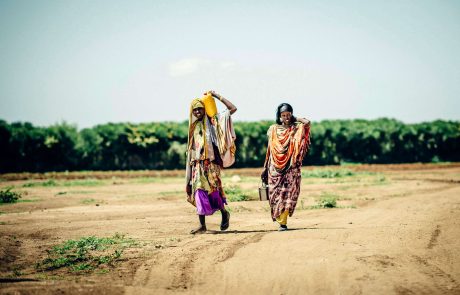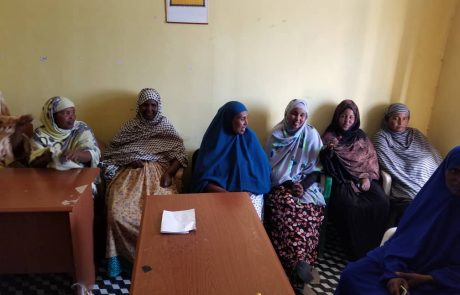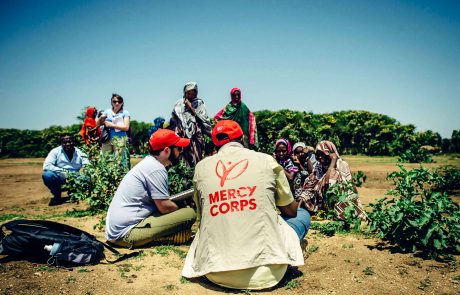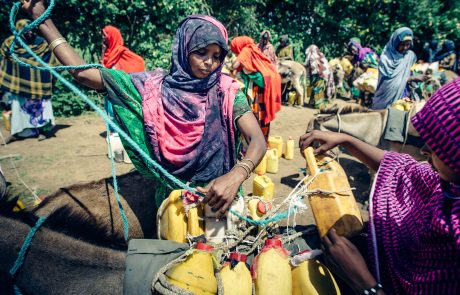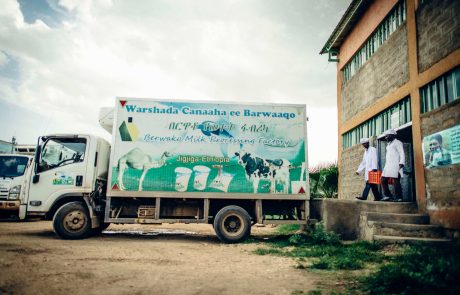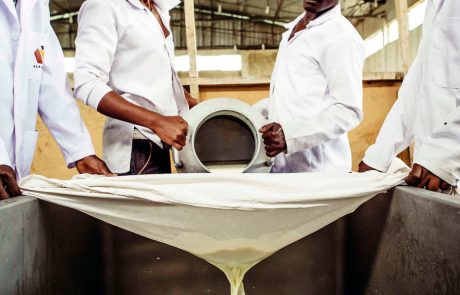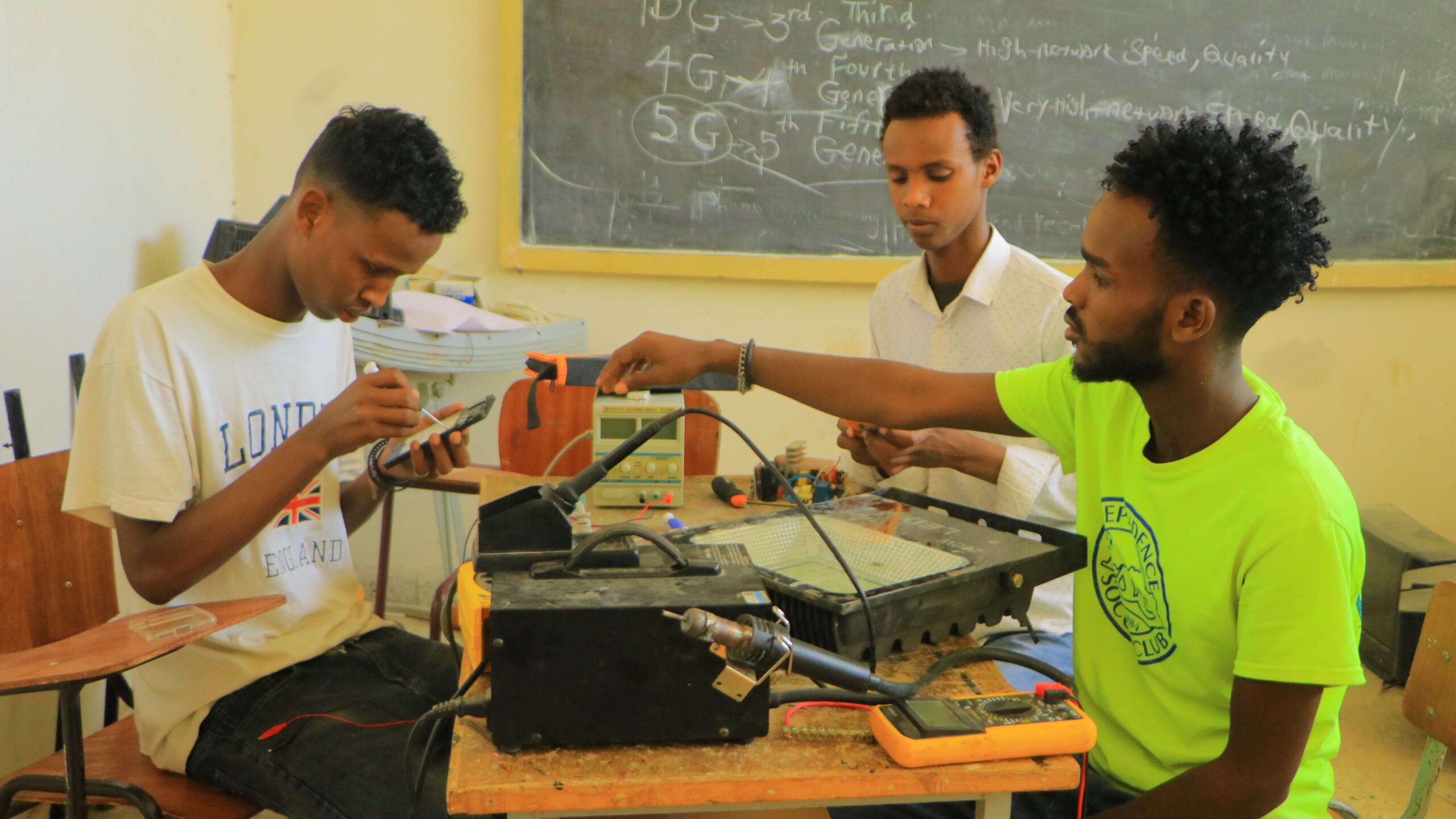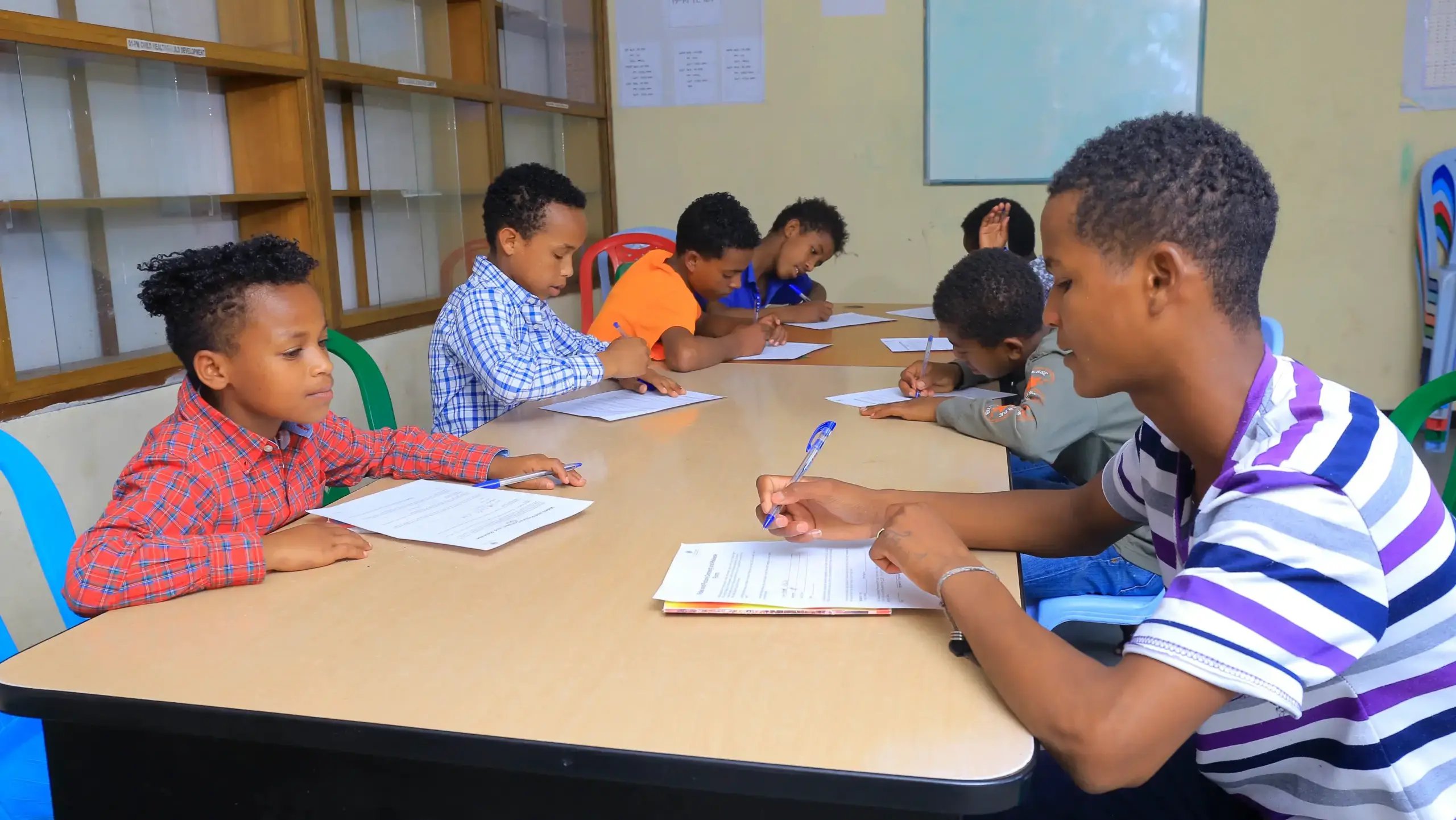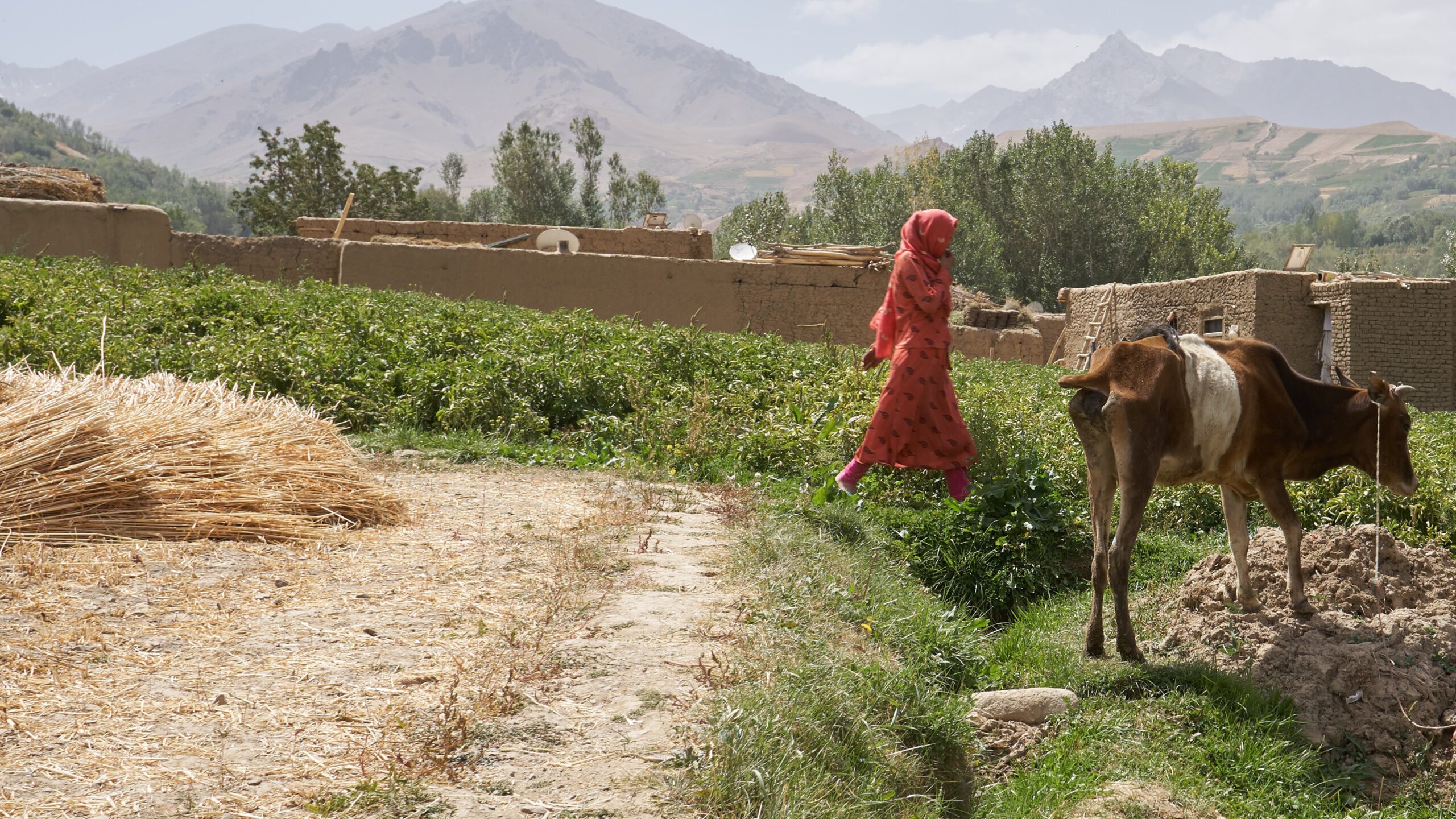The STEDE program aims to improve the socio-economic livelihoods of refugees and host communities
The STEDE program aims to improve the socio-economic livelihoods of refugees and host communities in the Fafan Zone of Ethiopia’s Somali Regional State. With an open-door policy for refugees and asylum seekers, Ethiopia currently has the second highest refugee population in Africa. Refugee populations experience high unemployment and low financial inclusion. The influx of refugees has shifted economic burden onto host communities, which experience limited economic opportunities, resources, and underdeveloped private sector. In response to this crisis, the STEDE program aims to improve the conditions of both refugee and host communities’ economic integration, social cohesion, and self-reliance among refugee and host communities through improved financial access.
Creating village savings and loans associations (VSLAs) is one approach used to achieve this goal. VSLAs provide flexible saving and borrowing conditions, though they require financial literacy and management skills. To solve this, Mercy Corps is training Private Service Providers (PSPs) to assist in the creation and management of the VSLAs. This intervention is expected to improve access to larger loans which can be used for investing into economic livelihoods. In turn beneficiaries are expected to experience improved resilience, economic & social wellbeing.
A counterfactual impact evaluation (CIE) will be conducted to determine program impact. C4ED will conduct a randomized control trial (RCT) in which host community villages and refugee camp areas will be randomly assigned to receive the PSP sup-port from Mercy Corps. Within each treatment and control area, households who are interested in participating in a VSLA were asked to take part in a baseline survey in 2021. After baseline data was collected, PSPs launched to begin supporting the formation of VSLAs in treatment villages. As the program begins to near its 18-month mark, an endline survey will be conducted among the same households to assess key outcomes. Qualitative data collection will also be undertaken to gain insight into the contextual mechanisms which drove the results observed in the RCT. Of nearly 1750 households participating in the study, out-comes among key subgroups will be assessed to differentiate the impact of the program by gender and refugee status

